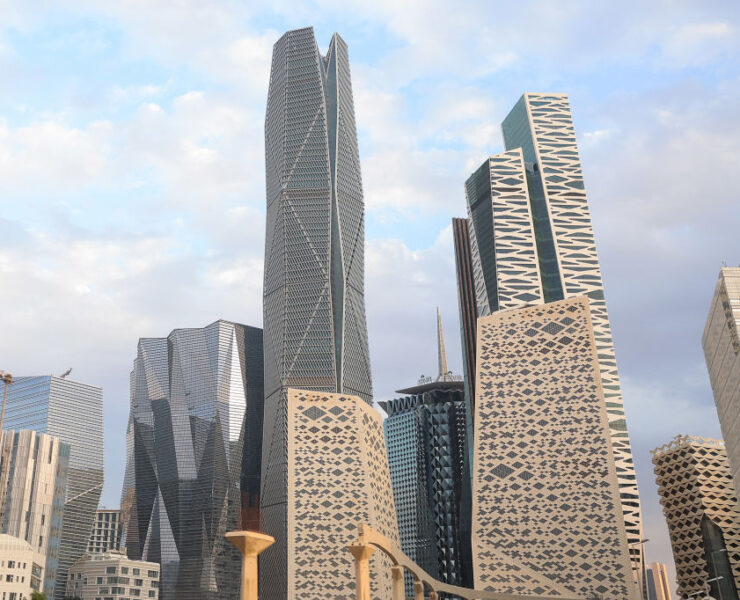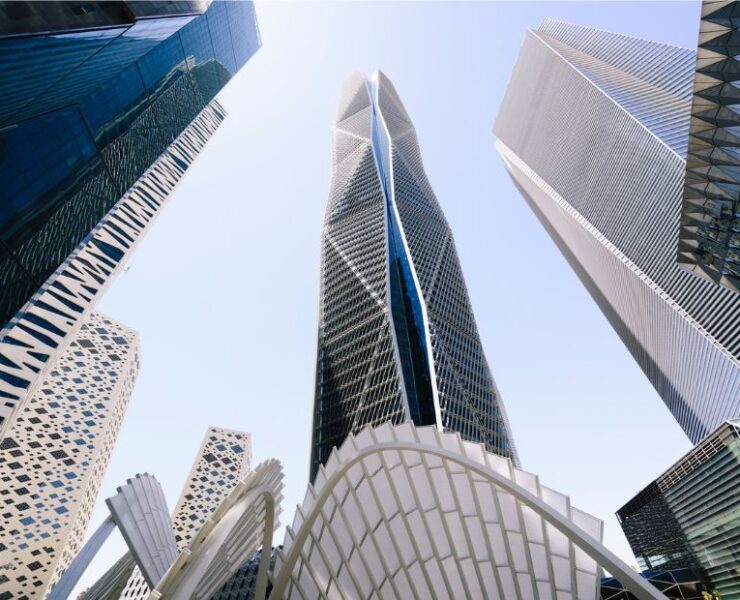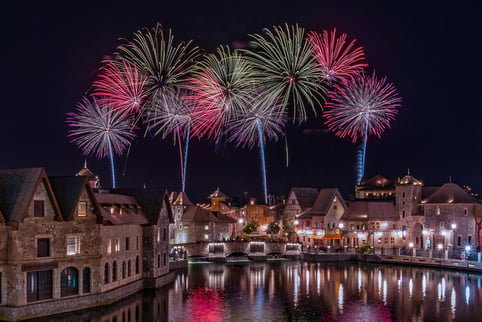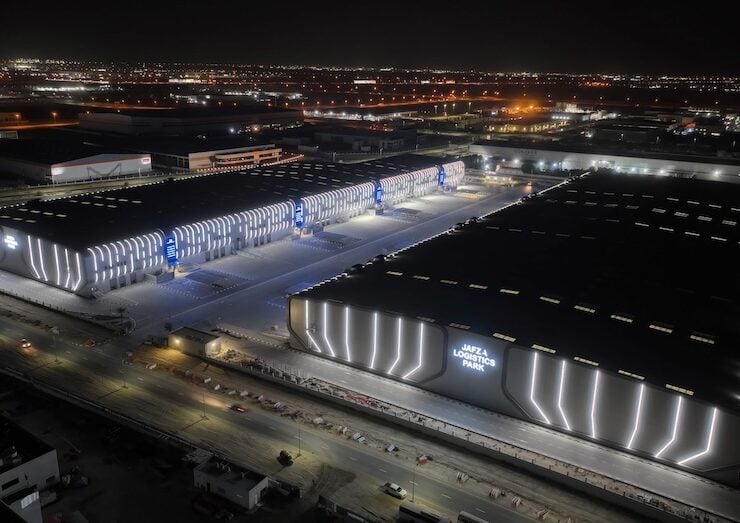Has Dubai’s property market ‘bottomed out’?
Cityscape’s Chris Speller reveals the trends shaping Dubai’s property market and plans for the emirate’s biggest property exhibition
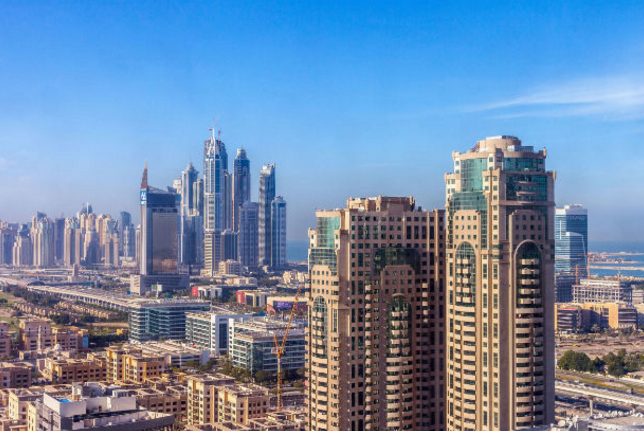
‘Bottoming out’ is a phrase that Chris Speller finds “strange”.
There have been multiple reports discussing when the Dubai property market will ‘bottom out’, with prices in some areas continuing to decline. Prices of residential and office spaces in the city are expected to ‘somewhere bottom out in 2022’, an S&P analyst told Bloomberg earlier this month.
However, according to Speller, group director of Cityscape at Informa Markets, the value of a property is purely based on how much somebody is willing to pay for it.
“If we start seeing people move from a residential apartment to a villa, then the price of a villa will start to increase. So where does the ‘bottoming out’ come into it? Does that mean that the price of your apartment starts to drop? Or does that mean that actually you’re starting to generate a new and younger audience which is going to start to come into the market?
“So, I’m not sure about the ‘bottoming out’ statement. I’m not sure about those timeframes that people are putting into the market at this stage. What we all need to see is the UAE is as reliant as any other on tourism, on retail. And we’ve got to start seeing some of that return into the market, which then in turn will start promoting and bringing more businesses,” he explains.
Speller, who has organised Dubai’s biggest property exhibition since 2009, is a veteran of the industry and understands the market well.
Cityscape has always been regarded as a barometer for Dubai’s real estate sector. The exhibition has accurately reflected the industry’s trajectory – whether it was during the boom in 2006/2007, the Dubai property market crash in 2009/2010, the hike again in 2013/2014 or the slump in 2017.
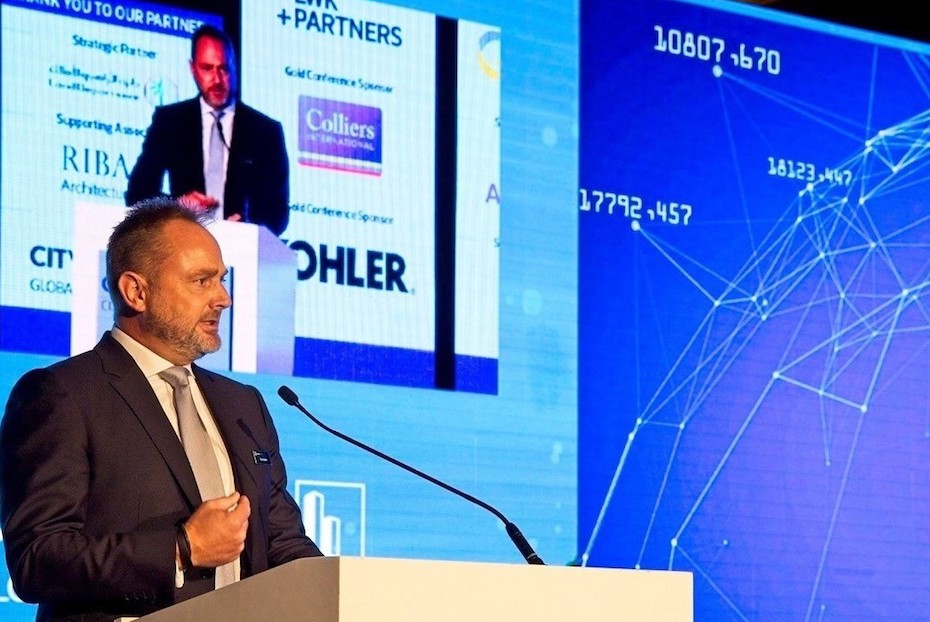
Hence in a year where large-scale exhibitions have mostly been suspended across the world due to the Covid-19 pandemic, Cityscape organisers have had to innovate to ensure that the industry has remained informed and connected.
“We’ve spent a large part of our time focusing on finding out how Cityscape can support the real estate market – where we can offer as much transparency as possible to investors. And how we can add value to the market,” explains Speller.
“So we were very agile. When the whole situation of Covid-19 came around, we adapted immediately. We launched Cityscape Intelligence, an online portal which allows communities to understand what’s going on in real estate markets, diversifying away from just purely residential, what’s going on with the commercial markets, what’s going on with retail, hospitality and all the other sectors. So it brings together different types of real estate sectors and supporting industries.”
For 2021, Cityscape has gone one step further and is introducing a new hybrid model – so a physical event, live and in-person, will take place within a 25,000 square metre space at the Dubai Exhibition Centre (DEC) within the Dubai Expo 2020 site from November 7-11. It will be combined with a month-long digital networking and seminar platform that will be hosted prior, during and post the event to enable exhibitors and visitors to identify new leads and contacts based on their investment interests, business type and projects.
“The feedback that we are getting is incredibly positive,” says Speller. “For the physical event, we’re working not just with all the local developers, but we’re also reaching out to all the international pavilions [at Expo 2020] who are already exhibiting to say, ‘Listen, you’ve got your own representation, so bring it into the Cityscape and talk about the real estate’. Expo is not about commercialising properties, but Cityscape is one of the only opportunities for private entities to actually have the opportunity to sell. So that’s the physical element,” he states.
Cityscape participants can also use AI-powered tech to link with government bodies, potential buyers, investors, industry suppliers such as architects, designer and financial services as well as new partners before, during, and after the live event.
“So one of the things we’ve never done in the past – and this is where that hybrid ability comes in – is that anybody who registers for Cityscape will then have their information taken, where the developers can log on and see what that individual is looking to actually do,” says Speller.
“A lot of times, the feedback that we get from our developers is that while Cityscape has always provided a fantastic platform to be introduced to a new investor, a lot of the sales happen after the show itself. What this allows people to do is interact on those virtual forums and continue that sales process. But also for those who can’t be there physically, they can still have the same feeling and the same opportunity to see all the projects and to reach out and speak to a sales manager.”
With the local real estate market in Dubai currently seeing greater investor interest from abroad, Speller stresses that everyone will now have more transparency about the market.
“So the show stops from being a five-day solution to actually a 45-day one,” he adds.
Maturing market
The residential property market in the UAE has now matured significantly and can be better defined as a ‘frontier market’. “So a frontier market is where residential perhaps becomes more of a byproduct of a successful economy,” explains Speller.
“We are privileged within the UAE to be residents here – based on the fact that we are employed. Now the country’s starting to change that opportunity. We’re seeing the opportunity for people to start to retire here. That percentage is still small, but that’s a growing opportunity. And that’s why it’s a frontier sort of position.
“So what we are seeing now is that if the economy is strong, if the jobs are strong, if there is a continued opportunity, then that will feed all the rest of the elements – your retail, your commercial, and your residential – as a successive byproduct of everything else,” Speller says.
Looking ahead, the Covid situation has had a significant impact on the real estate trends for the future, as demands have changed.
“A lot of the investors that we have seen over the Covid period are those who have gone- ‘I live in an apartment, and my apartment has gone from where I reside, to my school, to my gym, to my place of work, all under one roof’. And when they see a reduction in the price of a villa, they think ‘Why don’t I invest in that?’. So still, that opportunity for the residential is seeing great growth, because we are starting to see a change in the mechanism of how people actually live, how people want to live and how they want to use their space,” says Speller.
He also stresses that every residential real estate market – globally – will always witness fluctuations in prices. However, the depth of fluctuation is expected to settle in the Dubai market following a disparity between the supply and demand in recent years.
“I think we will start seeing that spike or that decline, all those fluctuations start to level out and I think that’ll come towards the end of this year and moving into 2022. We’re starting to see a lot more stability back into the markets.”

